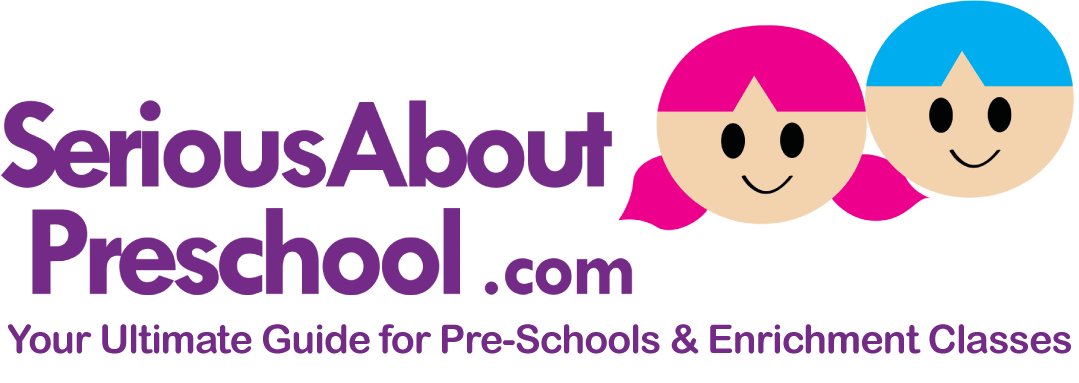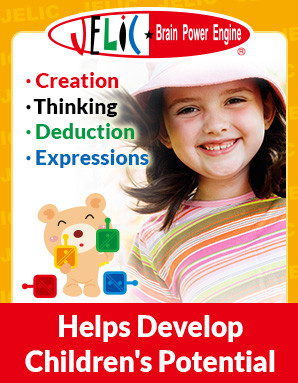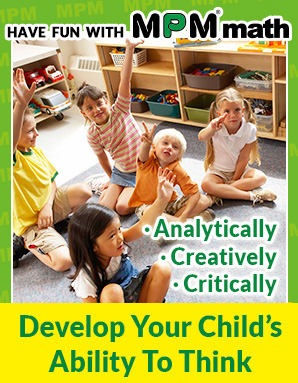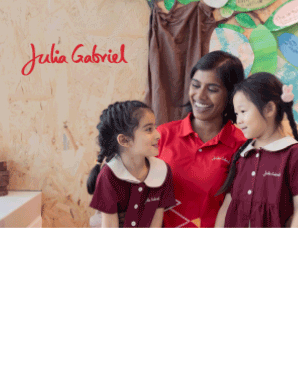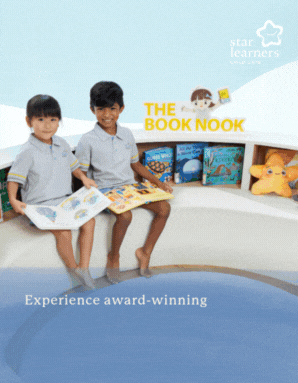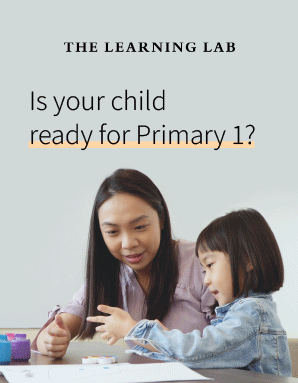Preparing Your Child for the Future Through Inquiry Based Learning - Kiddiwinkie Schoolhouse
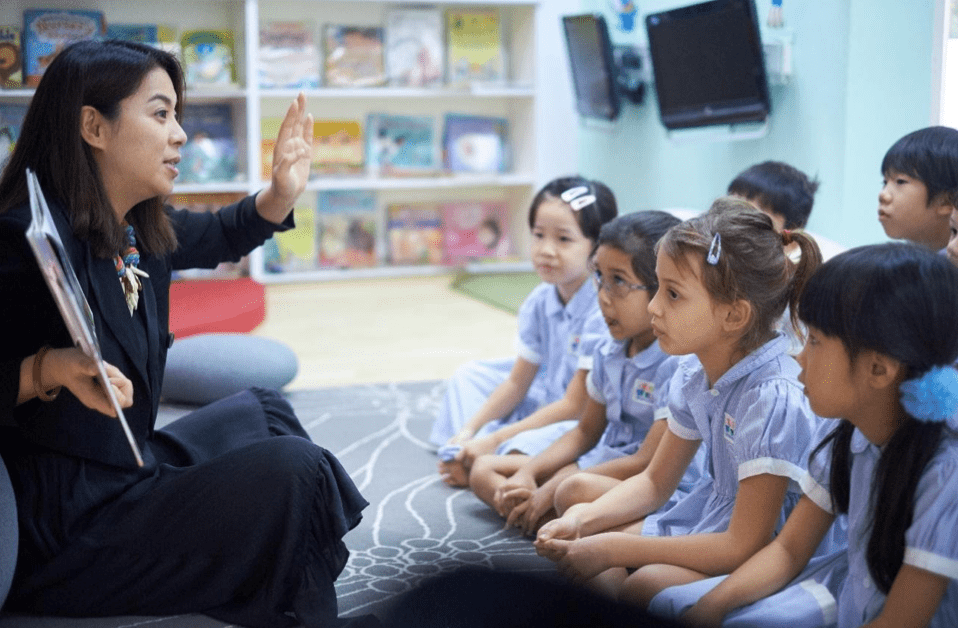
Did you know that young children between the ages of 2 and 5 ask an average of 1 to 3 questions a minute when they are engaged with an adult? As surprising as it sounds, this totals up to an astonishing 40,000 questions asked during the preschool precious years! Kiddiwinkie Schoolhouse explains why Inquiry Based Learning can prepare your child for the future.
Yes, our children’s inquisitiveness can put our patience to the test sometimes. Since children are naturally curious and inquisitive by nature, is there a preferred method of learning that best leverages on their curiosity to equip them with skills for the future?
Inquiry Based Learning
A Little Explorer

Is your child starting to crawl or taking his/her first steps into toddlerhood? Do you marvel at your child’s boundless energy, curiosity, and eagerness to learn and absorb everything around him/her?
You might observe that this drive to satisfy his/her curiosity would propel your child to spend hours exploring objects of interest around him/her, such as during a walk where he/she would take frequent stops to examine a fallen leaf, a bird perched on a tree or an interesting insect. As your child starts talking, you will find that he/she is always asking the question “Why?”.
Learning about the world and how things work seems to become your child’s mission as he/she grows up to be increasingly observant. Your child will start asking more profound questions, and as every parent of a preschooler know, this never-ending inquisitiveness can sometimes leave you stumped.!
How the Brain Works
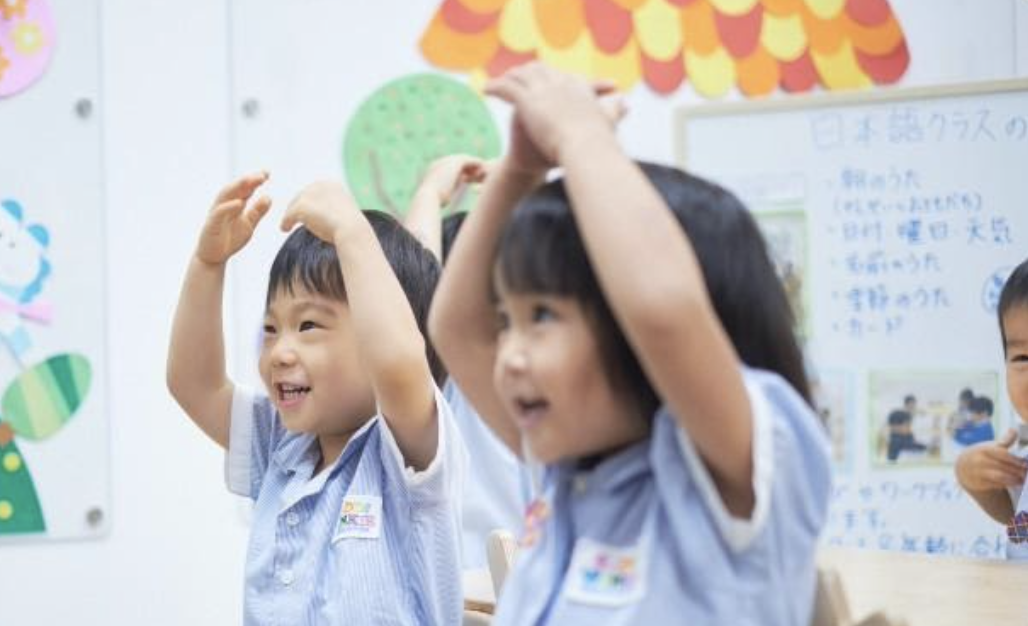
At birth, the average baby’s brain is about one-quarter the size of the average adult brain. It doubles in size in the first year, reaching 80% by 3 years old and by 5 years old, the brain would have reached 90% of adult size!
As your child’s brain grows, brain cells are busy making new connections through learning experiences. In the early years, around a million new neural connections are formed every second. These connections numbering in the billions will, over time, form the foundation from which future new learning and growth will be based on.
This foundation will also be strengthened through repeated use. Similar to an architectural masterpiece, the stronger these connections are, the better foundation it will provide for your child’s development.
Traditional Vs Inquiry- Based Learning
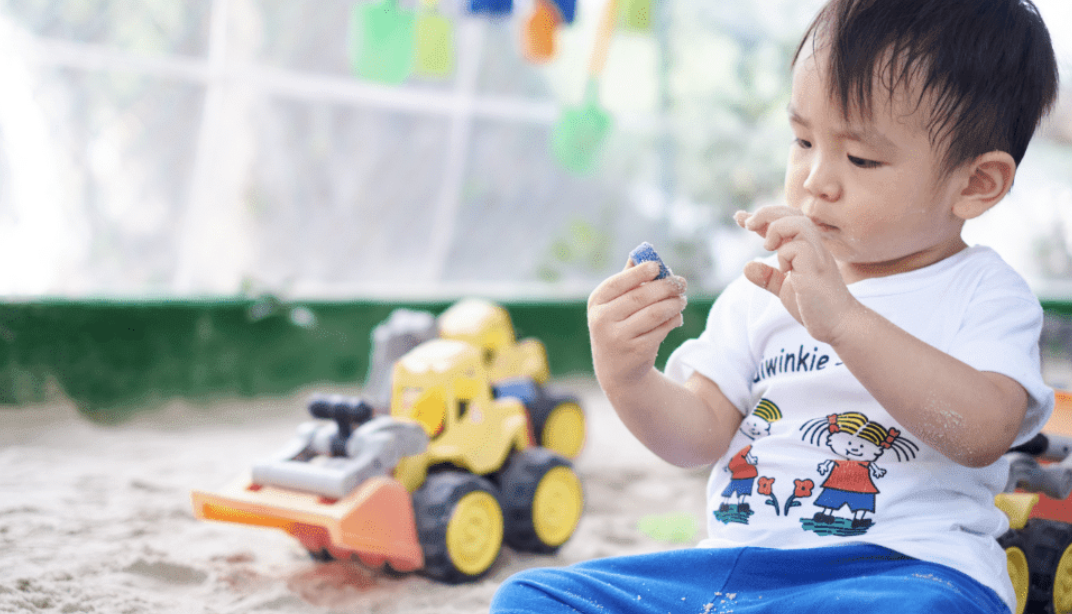
How then can you support this golden period of your child’s growth? As parents, this would be an important consideration as we explore the best early childhood education options that would provide a nurturing environment for our child.
Traditional teaching involves a teacher providing information while students are passive learners, absorbing and memorising facts which they may not fully grasp. The focus is on the teacher who is the source of information while the students are tested for their understanding through exams and there is usually only a narrow scope of accepted answers.
On the other hand, for inquiry based learning, the teacher plays the role of a facilitator, guiding students who take a proactive approach to asking, finding out more and building up their understanding over time. The emphasis is on the process of learning which also allows each child to progress at their own pace and build up a multi-dimensional understanding of issues as they learn from the perspectives of others.
Inquiry Based Learning Preschool
The Search for a Preschool to Build a Strong Foundation in the Early Years
One example of a preschool that advocates inquiry based learning is Kiddiwinkie Schoolhouse, which recognises that children are naturally curious and inquisitive. And so, their curriculum is specially designed to pique children’s curiosity while developing their love for learning.
Instead of a standard classroom teaching, Kiddiwinkie Schoolhouse’s creativity- inspired curriculum adopts a play-based approach for the early years and incorporates inquiry- based learning for the preschool years. They do this by encompassing significant and interconnected areas of learning such as language and literacy, numeracy, social and emotional skills which appeal to a child’s sense of wonder and fuels his/her curiosity.
By balancing the need for play and school-readiness, teachers play the role of facilitators as they plan the children’s learning based on their current learning abilities, interests and needs. Children, on the other hand, are encouraged to develop their knowledge through play and active exploration.
As children naturally love to play, immersing them in an environment of experiential learning through purposeful play that encourages the discovery and exploration of their surroundings. This opens up valuable opportunities for learning, growth and resilience which will serve them well in their future.
Developing a love for learning
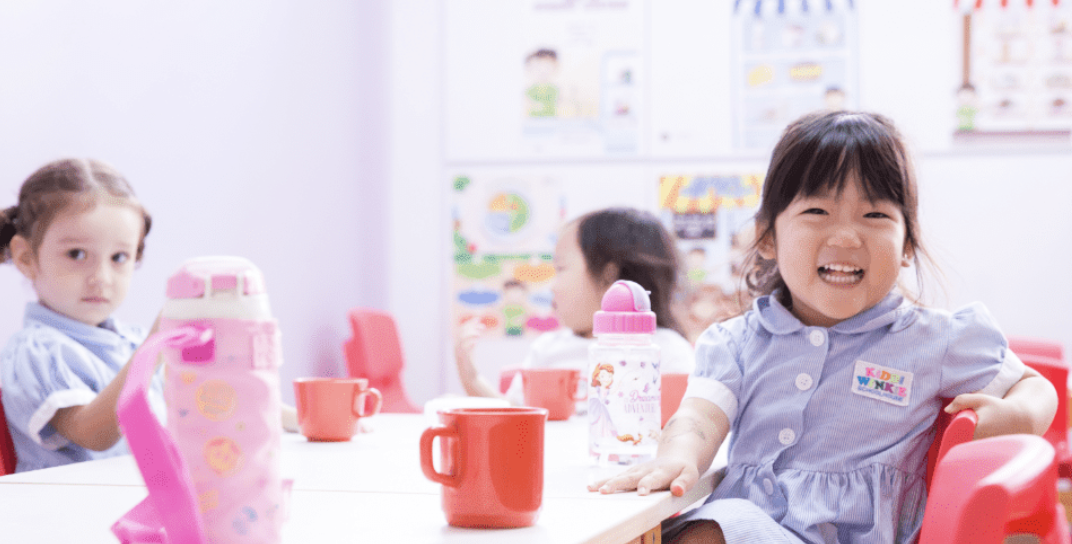
The beauty of inquiry-based learning is that it encourages children to be active participants in their own learning and discovery. Instead of being a follower, they become a problem solver.
The teachers, as facilitators, guide the children through the process of learning. They encourage curiosity, which allows children to make their own connections to gain a better understanding. Through this, children take ownership of their own learning, leading to a deeper and more meaningful engagement.
As a result, the child develops a love for learning and masters the concepts learnt, which serves as an invaluable tool which they can utilisze throughout his/her life.
In endeavoring to provide an engaging learning environment, Kiddiwinkie Schoolhouse is designed with specialised learning areas to enhance children’s skills. This varies from reading corners, a tricycle track, a gym, dance studio and even an eco-garden!
Diversity and the Cosmopolitan Child
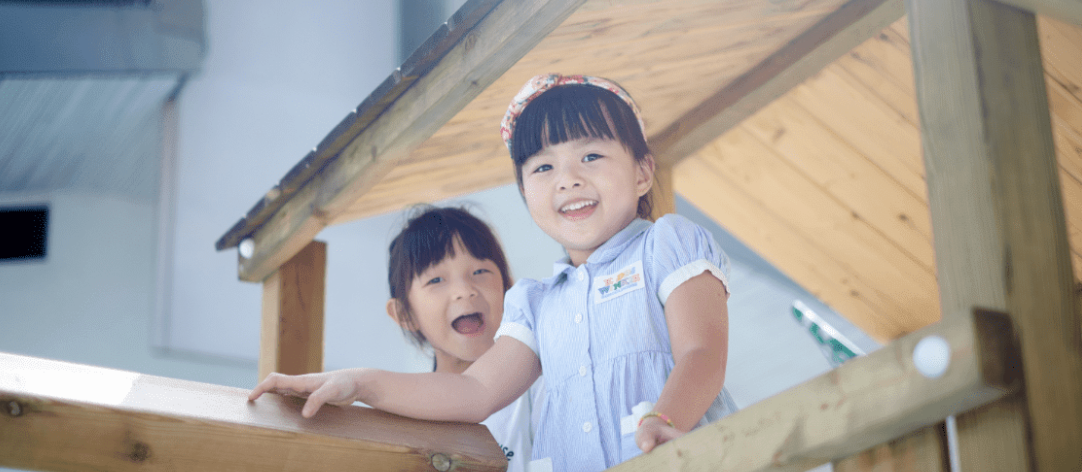
In a highly inter-connected world, it is crucial to help children develop an interest and understanding of different cultures to gain a global perspective.
Kiddiwinkie Schoolhouse’s programmes encourage diversity through fun and engaging activities such as the International Cuisine and Cultural Day. Conducted termly, children explore the culture and cuisine of a selected country through learning activities and hands-on exploration. Foreign language classes such as Japanese and Korean are also offered as third language options at selected centres.
You’ll also be glad to know that Kiddiwinkie Schoolhouse provides in-house enrichment programmes such as Dancing Toes, Artsy Fingers and FIITercise to give your child a holistic learning experience. If your child is one who likes to dance, draw or move around and is always happy to try out new learning experiences, there’s a lot that he/she can look forward to!
Lastly, if you are looking for a care option for your little one during the first year, infant care services are also available at their Orchard, Upper Bukit Timah and Harbourfront campus. Not only will your child be in great hands with a superb team of educarers, he/she will benefit from the infant care programme which is designed to stimulate the senses of little ones from 2 to 18 months in a safe and nurturing environment.
To find out more about Kiddiwinkie Schoolhouse and its programmes, you can join their open house with your preferred centre today!
Article brought to you in partnership with Kiddiwinkie Schoolhouse.





